BEACONING presentations in Wales and Portugal
BEACONING presentations in Wales and Portugal
Coventry University’s exploitation work and dissemination of BEACONING activities has continued over the summer with two presentations at international conferences in Wales and Portugal.
At the Wandering Games conference, Bangor University, 10th-12th July 2019, Coventry’s BEACONING researcher Dr Jackie Calderwood led a workshop for delegates from industry and academia, on the topic “From Boardgame to Walkabout: Adapting Game Mechanics for the City Streets”. The workshop featured as case study, a Coventry ‘City of Culture’ project that applies gamification for social innovation. The project aims to raise awareness in young people of the complex issues surrounding homelessness. This workshop introduced BEACONING’s location based functionality and a selection of educational mini-games, as an effective way to extend user engagement with social issues. Players moved beyond the group experience of the boardgame, to gain further insights and test their own knowledge and response to the issues raised by playing the BEACONING demonstration piece on their smart-phone or tablet in small groups or on their own. BEACONING proved popular as a complement to the boardgame, and as a potential platform to create a full-scale city version of the work.
In Portugal, at the 10th Avanca International conference of Cinema, Art, Technology, Communication, 24th – 28th July 2019, we presented a paper on the co-creative methodology developed in producing BEACONING’s Professor Rob and Professor Tibia metagames. Uniquely, the paper is co-authored with the two Coventry illustration students who designed the characters and created the narrative artwork. Vytautas, now graduated and working as an advertising designer in Lithuania, commented ‘ The collaborative process with Rachael was a very good experience, we worked well solo and together. It was a great joy working on the BEACONING metagame project as well as interacting with the fun people at DMLL (Coventry University’s Disruptive Media Learning Lab). The team was great and pushed me in various directions and thought processes.’
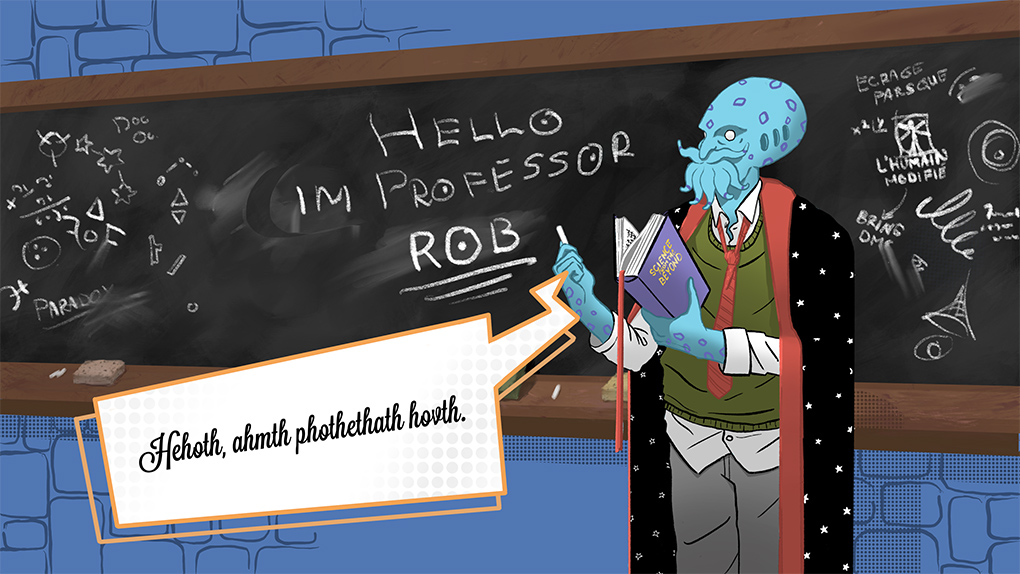
Professor Rob character development by Vytautas Vasiliauskas 
Professor Tibia character development by Rachael Till 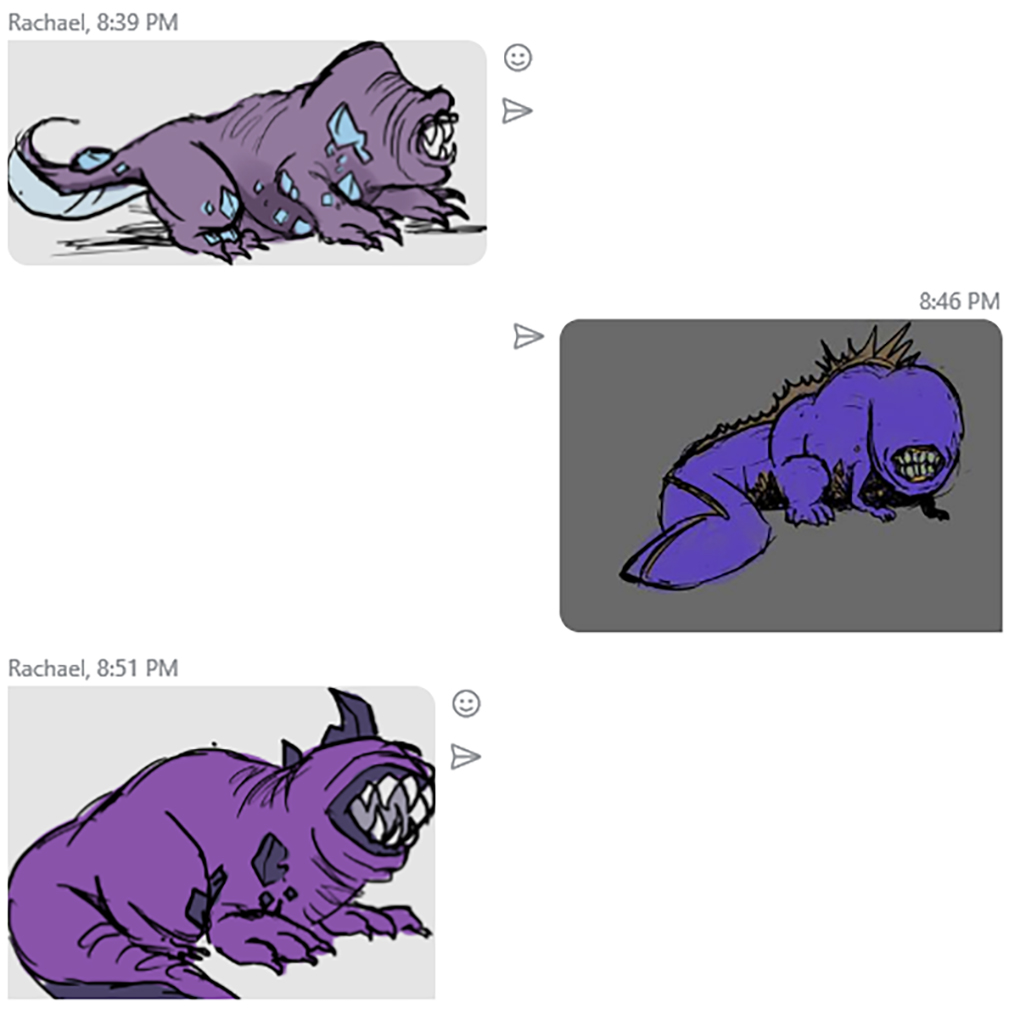
‘Mother Beast’ character development by Rachael Till and Vytautas Vasiliauskas using skype chat 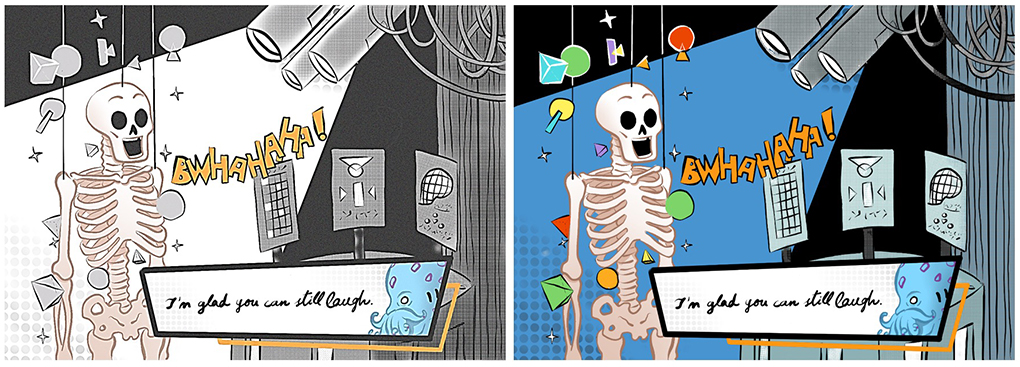
Tibia’s Origin artwork proposals 
‘The Tsar’ final artwork
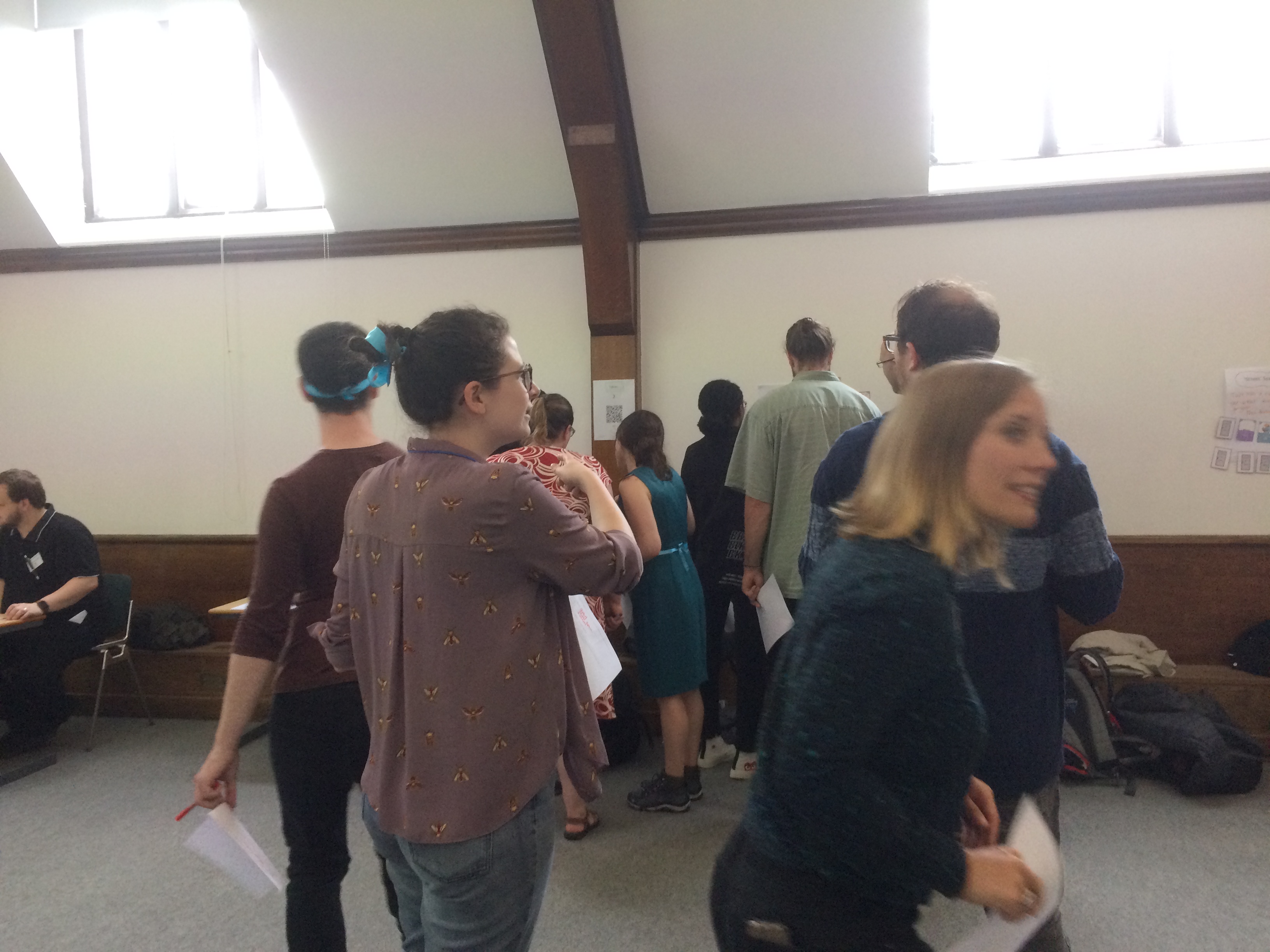
Workshop at Wandering Games 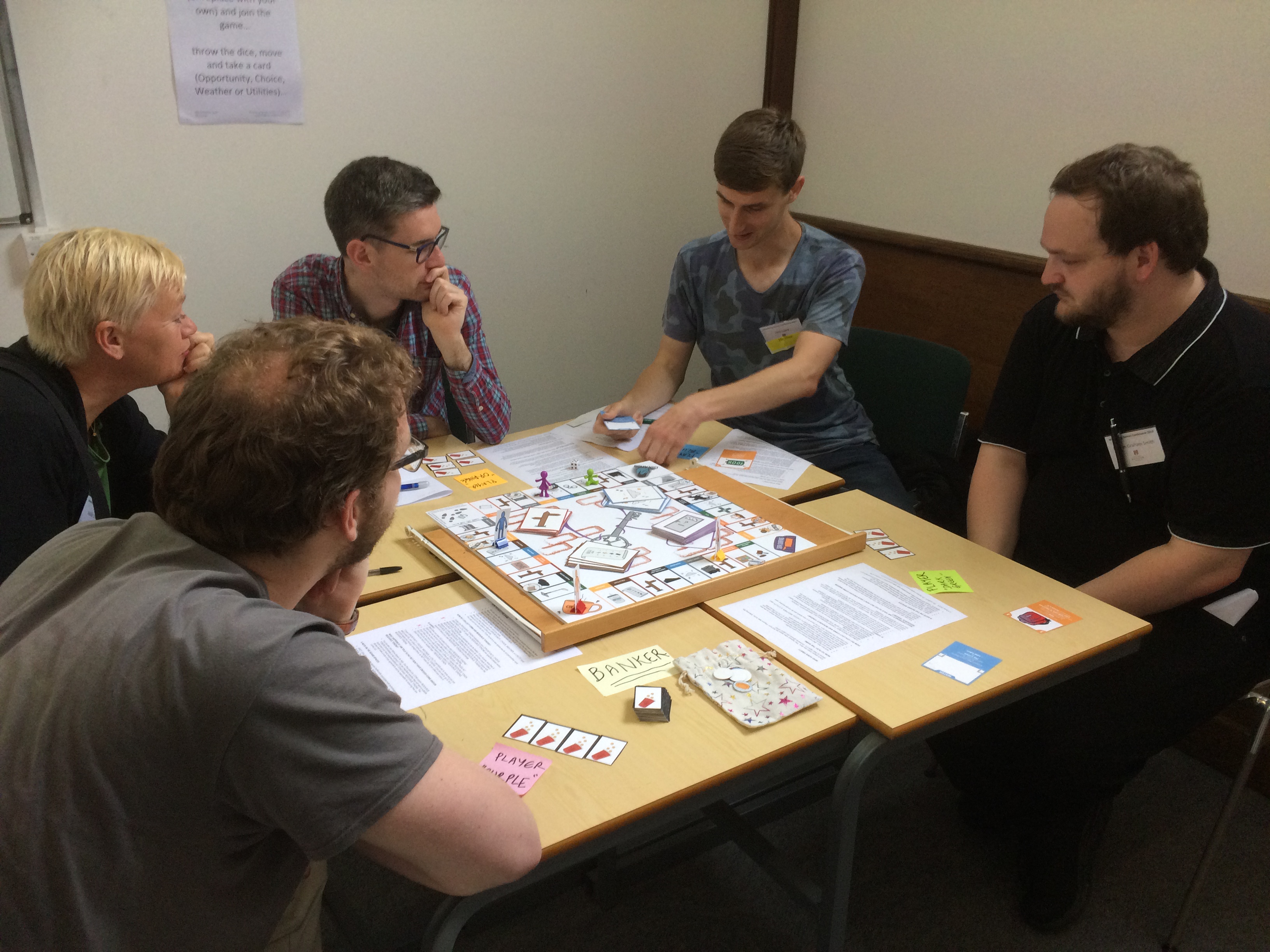
From Boardgame to City streets 
Introducing Beaconing’s location based solution 
Beaconing used to raise awareness of issues surrounding homelessness 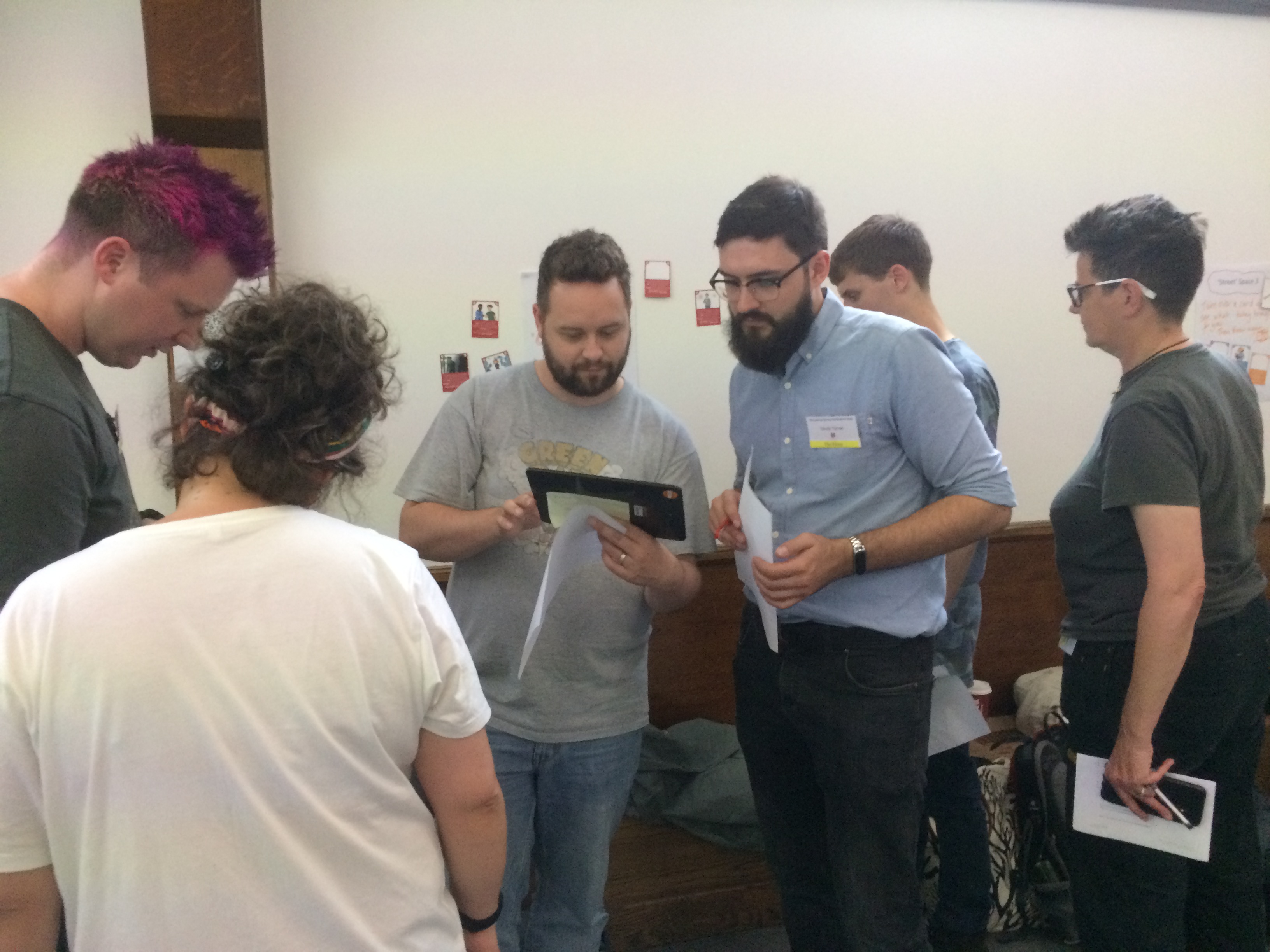
Workshop for Games Designers, Producers, Researchers